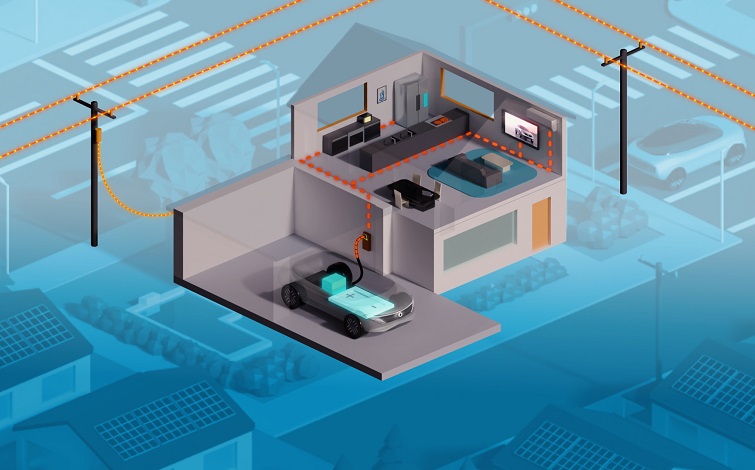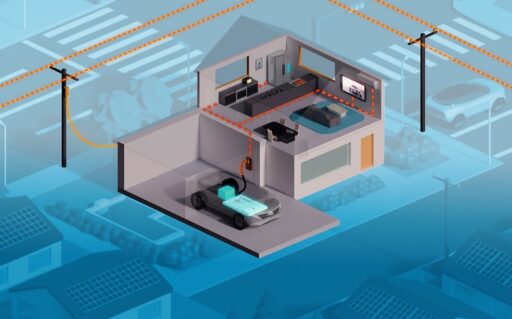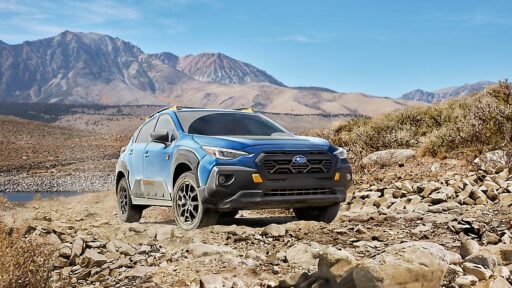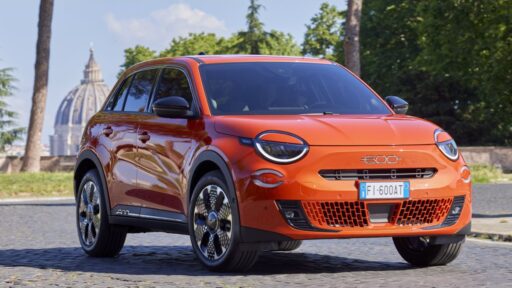Nissan has announced plans to introduce affordable bi-directional charging for select electric vehicles (EVs) in 2026, as part of its commitment to supporting the transition to net-zero carbon emissions and reducing electricity costs.
This initiative aligns with Nissan’s “The Arc” business plan and its broader Ambition 2030 vision, aiming to drive the EV transition while opening new revenue streams. The technology will launch first in the UK and later expand to other European markets.
Bi-directional charging, also known as vehicle-to-grid (V2G) technology, allows EV owners to use electricity stored in their car’s battery to power their homes or sell it back to the grid.
READ MORE: GM China’s Q3 Sales Rise 14.3% Quarter-Over-Quarter Driven by EV and Hybrid Growth

This technology is key to increasing the use of renewable energy sources, as EVs can store energy generated by wind or solar power and then feed it into the grid when needed, helping reduce reliance on fossil fuels.
Hugues Desmarchelier, Nissan’s VP of global electrification and EV programs, called this technology a “game-changer,” transforming EVs from simple modes of transport to mobile energy storage units that could save money and support the transition to a carbon-free future.
Nissan has gained valuable experience in V2G through 40 pilot projects across various markets, including a year-long trial at the University of Nottingham in the UK. The trial helped Nissan become the first carmaker to receive G99 Grid code certification for an AC-based V2G solution in the UK, enabling the technology to supply electricity to the national grid.
Nissan plans to offer both AC and DC-based V2G solutions, adapting to local infrastructure and regulations. Its AC-based system, which will feature an integrated on-board charger, will be priced competitively with current mono-directional chargers, making the technology more accessible to consumers. A dedicated app will give users full control and flexibility over their energy management.
This rollout is part of Nissan’s broader strategy to create an integrated energy ecosystem, where sustainably produced EVs not only provide zero-emission transport but also support clean energy use at home and in the grid.
READ MORE: GM Introduces New Energy Storage Solutions for EV Owners Across the U.S.
Subscribe today for the freshest car news delivered to your inbox



